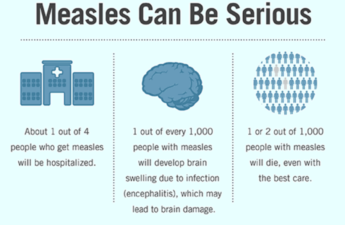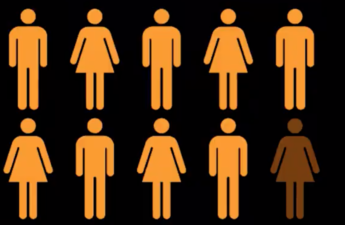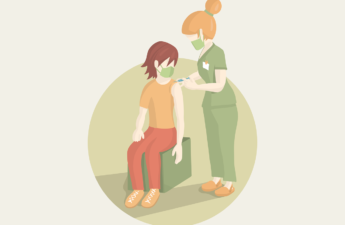By Aallyah Wright, Stateline
In December, Arizona Republican state Rep. Mark Finchem suffered from flu-like symptoms—headache, fatigue, body aches and chills. But it wasn’t the flu; he tested positive for COVID-19. Nearly three months later, his mother, who had recently contracted the coronavirus, died after battling throat cancer for over 40 years.
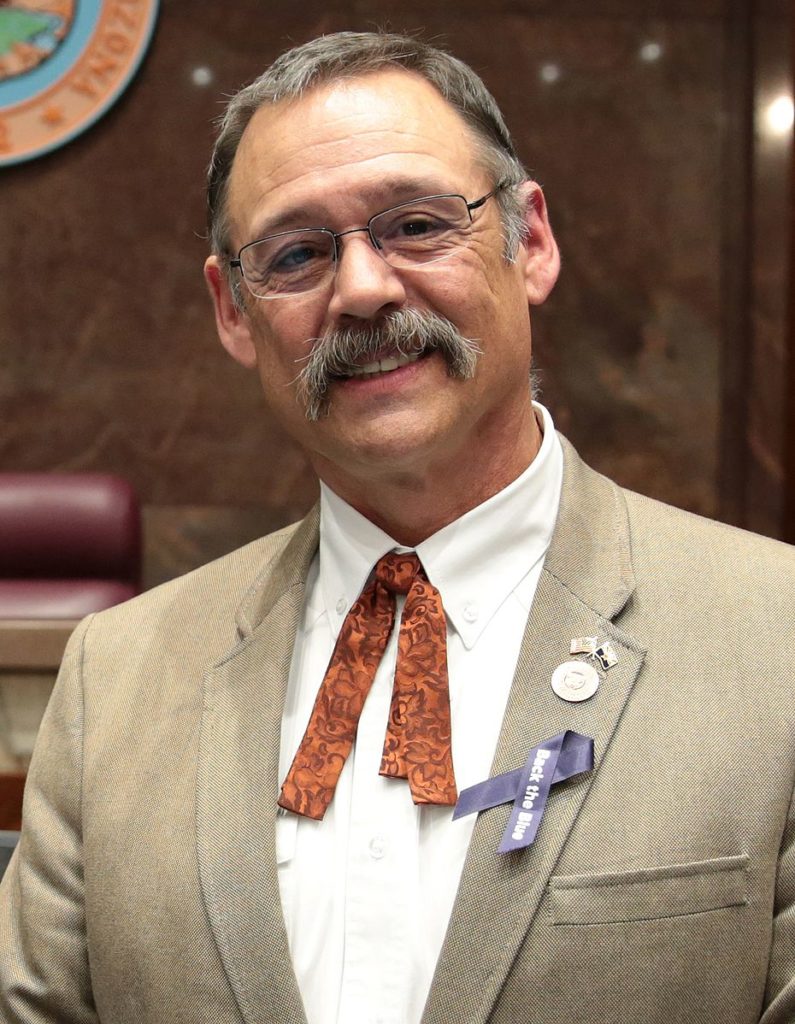
Photo by Gage Skidmore
Those circumstances weren’t enough to persuade Finchem, who is in his early 60s, to get a Moderna, Pfizer-BioNTech or Johnson & Johnson COVID-19 vaccine. Finchem remains skeptical, he said, because he distrusts the federal government and top public health officials, he’s heard mixed messages about the vaccines on social media and television news, and he worries about long-term side effects.
“I’m very suspicious that what they put in the [vaccines] is nothing more than a cocktail,” Finchem said in a phone call with Stateline. “Time will tell, and I hope I’m proven wrong.”
As federal and state government entities ramp up vaccination efforts, polls show increased confidence in vaccines, especially among people of color, who have been disproportionately affected by COVID-19 and were, at least initially, more skeptical of the vaccines. Vaccine hesitancy persists across all demographics, however.
About 13% of American adults don’t want a COVID-19 vaccine, according to the Kaiser Family Foundation. Republicans are the most resistant; nearly 3 in 10 say they don’t want one. The share is greater among rural, Republican men, 35% of whom don’t want to get a vaccine.
So far, more than 200 million complete doses of COVID-19 have been administered in the United States, which amounts to about 34% of U.S. adults being fully vaccinated. The percentage of vaccinated adults needed to reach herd immunity is widely debated, but many scientists say the country must top 80% of the adult population. And to achieve that goal, public health officials say, it is important to alleviate concerns among all people.
To that end, many state and county health departments have made special efforts to reach Black, Hispanic, homebound and unhoused populations that have been hit hard by the pandemic. By contrast, few, if any, have mounted Republican-specific initiatives to combat hesitancy.
STATELINE STORY March 2, 2021COVID-19 Vaccine Hesitancy Slows Race to Defang the Virus
There are a variety of reasons why people decline to be vaccinated, said Howard Gamble, administrator for the Wheeling-Ohio County Health Department in West Virginia. Gamble recalled a father who recently brought his 17-year-old daughter to get vaccinated. When Gamble asked the father whether he also wanted his first dose, the man’s response was, “I just don’t do these kinds of things.” Persistent misinformation on social media about the coronavirus and vaccines can drive people from getting inoculated, Gamble said.
“It’s not very simplistic or cut and dry,” Gamble said. “We see a lot of reasons.”
Like Finchem, the Arizona lawmaker, many Republican men interviewed by Stateline said they were concerned about side effects, or said they distrusted federal health agencies and the government. Finchem, like most Republicans, doesn’t believe that President Joe Biden’s victory in the November election was legitimate, for example. Some of the GOP men said vaccine manufacturers were just interested in making money.
And many of them are in positions of leadership and influence.
For North Dakota Republican state Rep. Rick Becker, hesitancy isn’t the reason for his hang-ups about vaccines, he said. Becker, a plastic surgeon, said he doesn’t plan to be vaccinated because he knows he is healthy and that there is only a small chance that the coronavirus would kill him. Becker, 56, says he does not have any preexisting health conditions and thinks his choice will not affect others.
“People should be making up their own minds,” he said. “If a person is choosing to look at elected officials, they’re not afforded the proper diligence of their own decision. You do what’s best for you.”
State Rep. Brady Williamson, a 44-year-old Republican from Mississippi, said he’s unsure whether he’ll get a vaccine because it hasn’t been out for a long time. He also argued that he doesn’t need it because he is “in the gym and fit” and doesn’t have underlying health conditions. He said he doesn’t like the government to make decisions for individuals, businesses and churches.
STATELINE STORY April 21, 2021Vaccination Outreach Shifts as Demand Drops in Some States
Not all Republican men are so staunchly resistant.
At 70 years old, longtime Georgia state Rep. Tommy Benton said it would be foolish for him and others in his age group to turn down a vaccine. Benton, who doesn’t have underlying health conditions, didn’t want to catch COVID-19 or transmit it to his grandkids or peers, he said.
“It doesn’t matter how healthy you are. At…65 or above, you might end up getting sick with this disease and it’ll be more than your 65-or-above system can handle,” Benton said.
Wyoming state Rep. Daniel Zwonitzer, 41, who lives in the most vaccine-hesitant state in the country, said he took a vaccine for the safety of others, particularly for the older staff, legislators and volunteers in the Wyoming legislature. While Zwonitzer believes in freedom and liberty, he said, he also believes in public health. Zwonitzer does not have any preexisting health conditions, he noted.
He said a few of his Republican colleagues think COVID-19 and vaccines against it are a hoax, but he disagreed, pointing out that one of his fellow Republicans died from the disease.
Some Republican men and health officials cited the politicization of mask-wearing and shutdowns under former President Donald Trump’s administration, and its downplaying of the seriousness of the pandemic, as causes for the vaccine hesitancy among conservatives.
Early last year, the Trump administration made false claims that the coronavirus had been contained and COVID-19 infections were declining, despite statistics showing rising numbers.
The counties that are most vaccine-hesitant are rural, more likely to support Trump and have lower income levels and college graduation rates, The New York Times recently reported. In these rural, more Republican-leaning areas, health officials said, vaccine supply often exceeds demand.
Debra Furr-Holden, an epidemiologist at Michigan State University’s School of Public Health, said many Republican men have taken cues from party leaders, who spent months last year downplaying the pandemic’s effects.
“They were COVID deniers when the pandemic first started and aren’t willing to admit, ‘Hey, we were wrong,’” Furr-Holden said. “They’re thinking, ‘So if it was no big deal, why should getting the vaccine be a big deal?’”
Some top Republican leaders, meanwhile, have more recently urged those who are hesitant to take the vaccines.
“I can say as a Republican man, as soon it was my turn, I took the vaccine,” Senate Minority Leader Mitch McConnell said at a news conference in March. “I would encourage all Republican men to do that.”
Trump did get vaccinated, quietly and not in front of cameras, shortly before leaving office in January. Last month, in a Fox News interview, he urged unvaccinated Americans to get shots. “I would recommend it, and I would recommend it to a lot of people that don’t want to get it, and a lot of those people voted for me, frankly,” he said.
“We have our freedoms and we have to live by that, and I agree with that also,” he said. “But it is a great vaccine. It is a safe vaccine and it is something that works.”
But nearly 80% of Republicans said Trump’s endorsement would not make them more likely to get a vaccine, according to a recent poll by the Kaiser Family Foundation. The Republican men Stateline interviewed said Trump’s support of the vaccine did not sway their decisions.STATELINE STORY March 15, 2021‘Why Do I Put My Life on the Line?’ Pandemic Trauma Haunts Health Workers.
Republican state Sen. Ralph Alvarado of Kentucky, a 50-year-old physician, said instead of shaming people who are reluctant to get vaccinated, it’s crucial to understand their concerns. He said he spends a lot of time dispelling myths about vaccines among his constituents, patients and community.
“As a doctor, I remind my colleagues that when we prescribe or recommend a course of action for somebody, no matter what the disease or prevention is, if people become resistant or hesitant, our medical code of ethics doesn’t say to humiliate,” he said. “You reassure and educate them.”
He added that a lot of people are fearful when politics is involved, because “people pick sides instead of picking the message.”
Public health experts also have stressed the need to focus outreach efforts on science. An analysis published in Health Affairs, a peer-reviewed health journal, stated that when “science and values, not politics, inform public health,” it “unlocks potential for higher vaccine coverage.”
Daniel Salmon, one of the report’s authors and director of the Institute for Vaccine Safety at the Johns Hopkins Bloomberg School of Public Health, elaborated in an interview. Instead of trying to persuade people to get vaccinated, he said, public health officials should sit down with community members and tell them, “‘This is what we know, and this is what we don’t know, and this is what we’re doing to figure out what we don’t know.’ It has to come from trusted leaders. It has to be well-informed. That’s the way it’s done, one community at a time.”
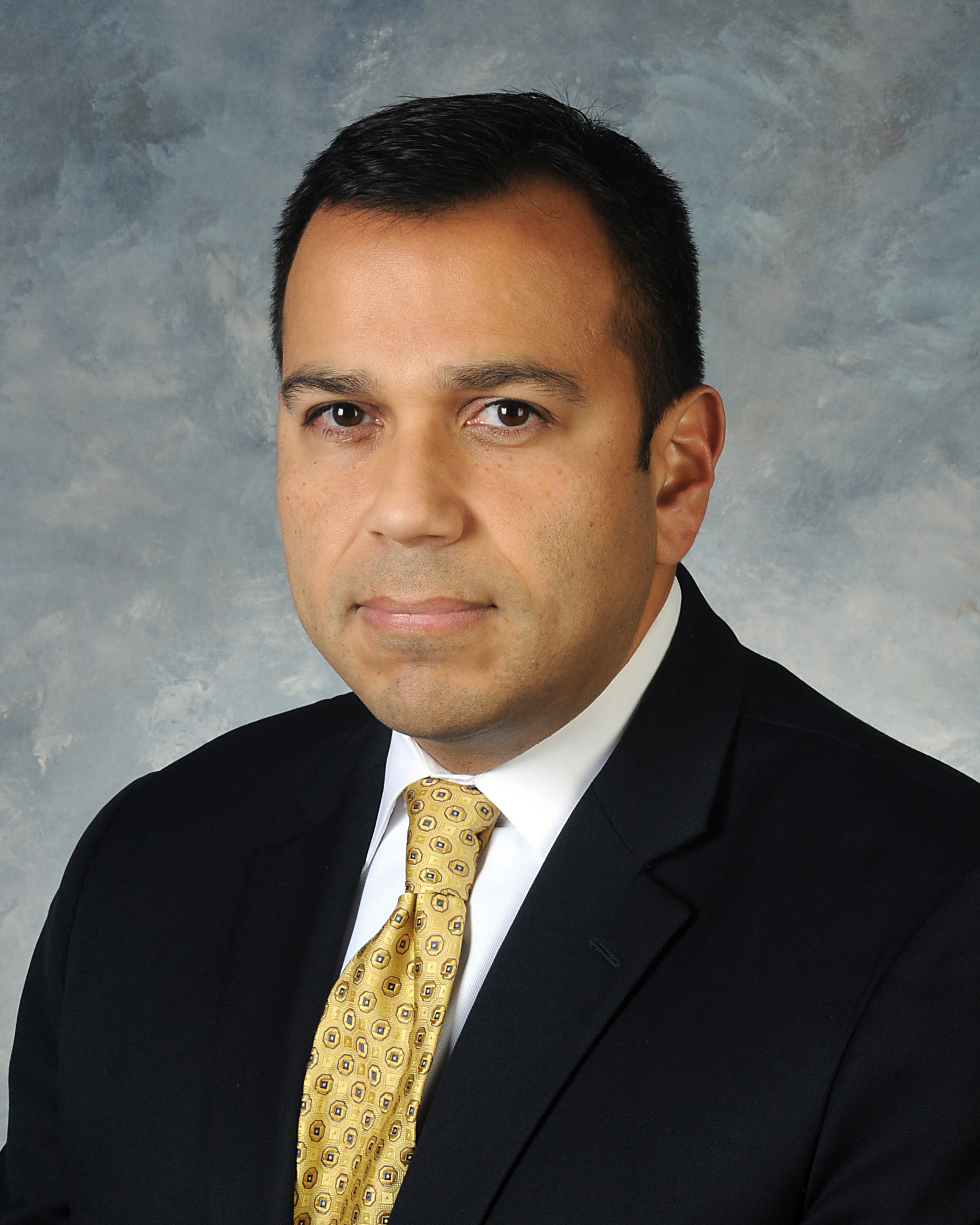
The de Beaumont Foundation, a Maryland-based charitable foundation focused on health solutions, held a two-hour session with a focus group in March that found messaging helps to build trust. The group consisted of almost 20 people who identified as conservative Republicans who supported Trump.
“We found that we’re able to [increase vaccine confidence] by really delivering the facts and giving people the freedom to make the choice,” Brian Castrucci, an epidemiologist and president and CEO of the de Beaumont Foundation, told Stateline. “You can read the facts all day, but if they seem to perceive you are trying to manipulate their decision or if you’re threatening their freedom, walls go up that aren’t easily undone.”
The Casper-Natrona County Health Department in Wyoming learned through surveys that accessibility, technology and education issues hindered some people from getting shots. After hearing from Republican men, Bloom said, officials learned that many were concerned about vaccine technology and how it works.
The Spokane, Washington, office of the federal Department of Veterans Affairs also is tailoring its approach to community concerns. It currently drives a mobile unit through rural Washington, Idaho and Montana to deliver vaccinations to rural veterans, many of whom are Republican men, even though most veterans contacted by the office have said they don’t want the shots, according to The Washington Post.
The Michigan Department of Health and Human Services plans to get more Republicans and conservatives vaccinated by partnering with trusted leaders, expanding its mobile vaccinations and hosting virtual community town halls to answer questions about vaccine safety and effectiveness, reported Bridge Michigan.
At the national level, the U.S Department of Health and Human Services announced the “We Can Do It” campaign to combat vaccine hesitancy. The Ad Council and COVID Collaborative rolled out an education campaign specifically for religious groups and conservative Americans. The campaign focuses on how clinical trials were conducted, the science of the development, and support of COVID-19 vaccines by doctors.
The initiative uses social media, celebrity influencers, advertisements and partnerships with rural, medical and faith-based organizations to reach these groups.
Castrucci praised the work of the Ad Council, but said it needs to be complemented by an on-the-ground perspective from local pastors, doctors and families.
“Concern should be normalized. At the end of the day, everyone wants information. … We have to make sure the messaging works for the people that are getting the messages.”
